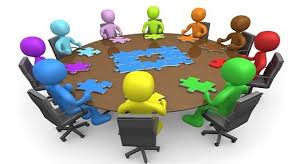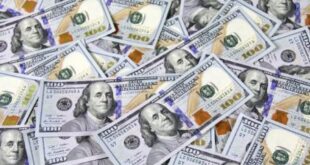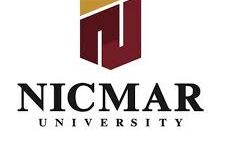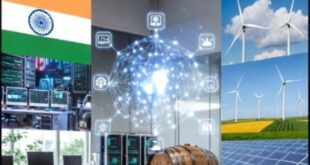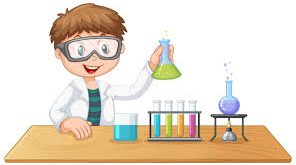New Delhi, 28th August 2025: The Water Quality India Association (WQIA) has written to Union Revenue Secretary seeking a reduction in GST on water purifiers, filters and related services from 18% to 5%, citing affordability barriers and public health concerns.
In its representation dated August 23, 2025, WQIA — an industry body of manufacturers and dealers of drinking water systems — said safe drinking water should be treated as an essential commodity, not a luxury. The association argued that taxing water purifiers at 18% puts them in the same bracket as air-conditioners and cars, even though they are a public health necessity.
India’s water quality challenges, documented in the Central Ground Water Board’s 2024 report, were cited as a key reason for lowering taxes. The report highlighted contamination by fluoride, arsenic, nitrates and heavy metals in several regions, raising risks of waterborne diseases. According to WHO and UNICEF, such illnesses account for nearly 80% of sicknesses in developing countries.
Despite these risks, household penetration of electric water purifiers in India stands at just around 6%, compared with ~20% in other emerging markets. WQIA said the high GST rate makes purifiers less affordable for lower and middle-income families, limiting adoption. It also pointed out that 20-litre water jars — a less sustainable option — are currently taxed at 12% and are expected to move down to 5% under GST rationalisation, creating a policy anomaly.
The association stressed the environmental case as well, noting that one purifier can replace around 12,000 plastic bottles annually and reduce dependence on LPG for boiling water. With the industry’s current market size of about ₹4,400 crore, WQIA said lowering GST would have only a marginal impact on government revenues.
The Confederation of Indian Industry (CII) has also made a similar representation, arguing that rationalising GST on water purifiers would be consistent with the government’s objectives under Har Ghar Jal, Ayushman Bharat and Swachh Bharat, while supporting preventive healthcare.
Tax experts add that the ongoing plan to merge the 12% and 28% GST slabs could create distortions if related goods are not aligned. “If bottled water jars move to 5% while water purifiers remain at 18%, it creates an anomaly that goes against the spirit of rationalisation,” said a senior consultant at a global advisory firm.
The GST Council is expected to take up slab rationalisation in its next round of deliberations.
 Newspatrolling.com News cum Content Syndication Portal Online
Newspatrolling.com News cum Content Syndication Portal Online
